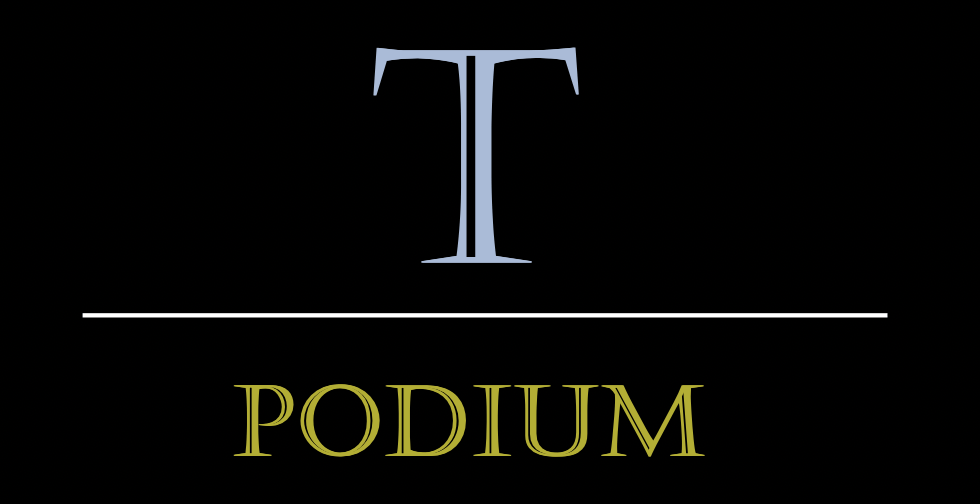Pharmaceutical company Biogen, Inc. (Biogen), based in Cambridge, Massachusetts, has agreed to pay $22 million to resolve claims that it violated the False Claims Act by illegally using foundations as a conduit to pay the copays of Medicare patients taking Biogen’s multiple sclerosis drugs, Avonex and Tysabri, the Justice Department announced today.
When a Medicare beneficiary obtains a prescription drug covered by Medicare, the beneficiary may be required to make a partial payment, which may take the form of a copayment, coinsurance, or a deductible (collectively “copays”). Congress included copay requirements in the Medicare program, in part, to serve as a check on health care costs, including the prices that pharmaceutical manufacturers can demand for their drugs.
“The resolution announced today, like prior settlements concerning similar misconduct, demonstrates the government’s commitment to hold accountable companies that pay kickbacks to undermine important constraints on rising drug costs,” said Acting Assistant Attorney Jeffrey Bossert Clark of the Department of Justice’s Civil Division. “Drug companies that illegally manipulate charitable patient assistance programs to subsidize copays for their own products will be held accountable.”
“Biogen coordinated with ACS to game the foundation system by timing its payments to two foundations with its transfer of financially needy free drug patients, all so that Biogen could obtain significant financial rewards,” said First Assistant United States Attorney Nathaniel R. Mendell. “By treating the foundations simply as conduits to pay the co-pays of its own patients, Biogen violated the anti-kickback statute and undermined Medicare’s co-pay structure, which Congress intended as a safeguard against inflated drug prices. We commend ACS for resolving this matter expeditiously and Biogen for resolving this matter on a cooperative basis.”
“Kickback schemes can undermine our healthcare system and lead to higher costs for the Medicare program,” said Phillip Coyne, Special Agent in Charge, Office of the Inspector General of the Department of Health and Human Service’s Boston Regional Office. “We will continue to hold pharmaceutical companies and specialty pharmacies accountable if they work together to subvert the charitable donation process and violate the prohibition on the payment of kickbacks.”
Under the Anti-Kickback Statute, a pharmaceutical company is prohibited from offering or paying, directly or indirectly, any remuneration—which includes money or any other thing of value— to induce Medicare patients to purchase the company’s drugs. This prohibition extends to the payment of patients’ copay obligations.
Biogen sells Avonex and Tysabri, which are approved for treatment of multiple sclerosis. The government alleged that Biogen engaged in a prohibited kickback scheme by using two foundations, which claim 501(c)(3) status for tax purposes, as conduits to pay the copay obligations of Medicare patients to induce those patients to purchase Medicare-reimbursed Avonex and Tysabri prescriptions. As part of the scheme, Biogen identified for its vendor, Advanced Care Scripts (ACS), certain patients in Biogen’s Avonex or Tysabri free drug program. Biogen then worked with ACS to transfer these patients to the foundations, which received contemporaneous payments from Biogen and then covered the costs of Medicare copays for most or all of these patients. Medicare paid the remaining portion of the patients’ Avonex or Tysabri claims. The government alleged that Biogen engaged in this conduct in the first quarter of 2011 for certain Avonex patients, and in the second and third quarters of 2012 and 2013 for certain Tysabri patients.
The allegations resolved by the settlement were originally raised in a case filed under the whistleblower, or qui tam, provision of the False Claims Act. The act permits private parties to sue for fraud on behalf of the United States and to share in any recovery. The act also permits the government to intervene in such actions, as the government did in this action. The whistleblower will receive approximately $3,960,000 of the settlement.
In a separate settlement announced today, ACS has agreed to pay $1.4 million to resolve its role in the above-referenced conduct.
The government’s resolution of this matter illustrates the government’s emphasis on combating healthcare fraud. One of the most powerful tools in this effort is the False Claims Act. Tips and complaints from all sources about potential fraud, waste, abuse, and mismanagement, can be reported to the Department of Health and Human Services at 800-HHS-TIPS (800-447-8477).
The investigation was conducted by the Civil Division’s Commercial Litigation Branch and the U.S. Attorney’s Office for the District of Massachusetts, in conjunction with the Department of Health and Human Services, Office of Inspector General and the Federal Bureau of Investigation. The lawsuit is captioned United States ex rel. Nee vs. Biogen et. al., Case No. 17-CV-10192-MLW (D. Mass.).
The claims resolved by the settlement are allegations only; there has been no determination of liability.
Official news published at https://www.justice.gov/opa/pr/biogen-agrees-pay-22-million-resolve-alleged-false-claims-act-liability-paying-kickbacks
The post Biogen Agrees To Pay $22 Million To Resolve Alleged False Claims Act Liability For Paying Kickbacks first appeared on NORLY NEWS.
originally published at Law - NORLY NEWS

